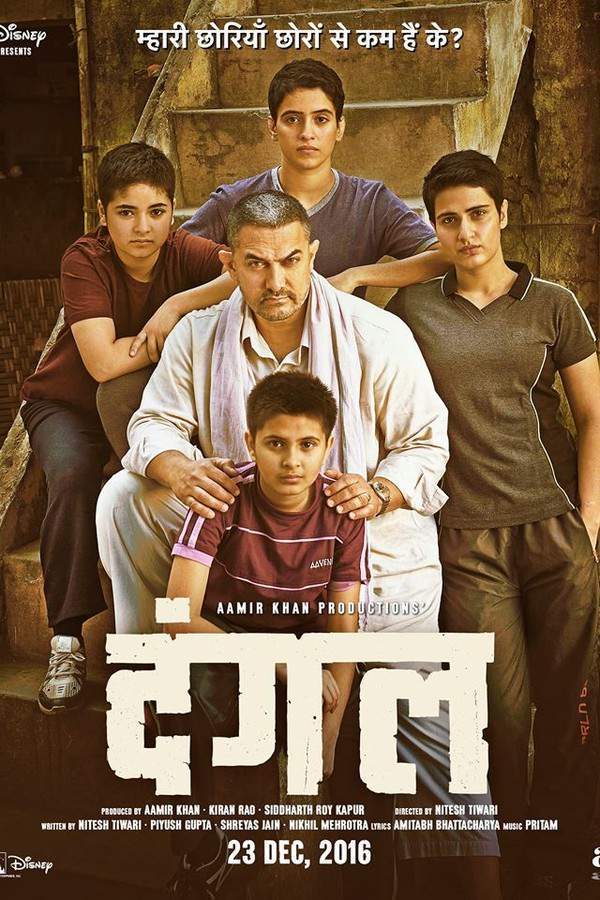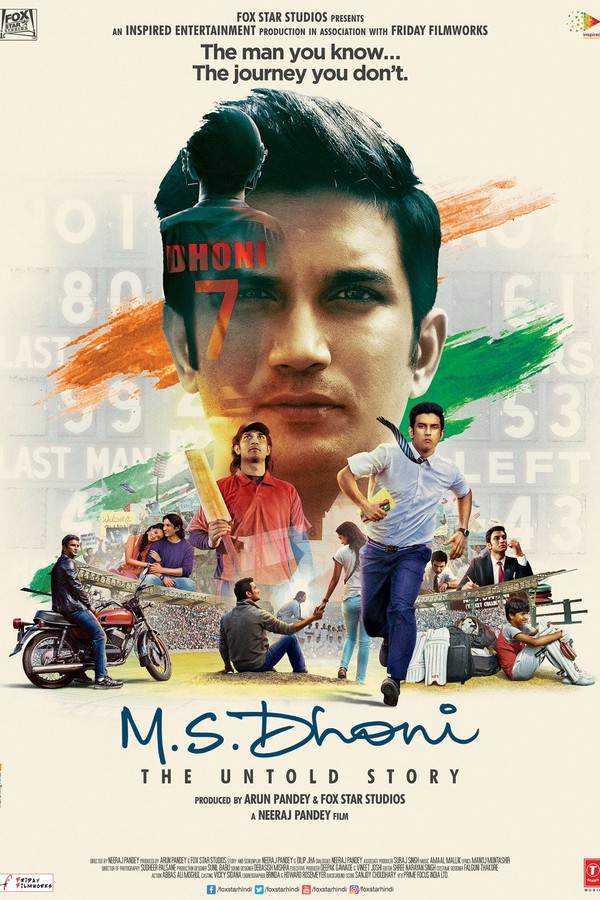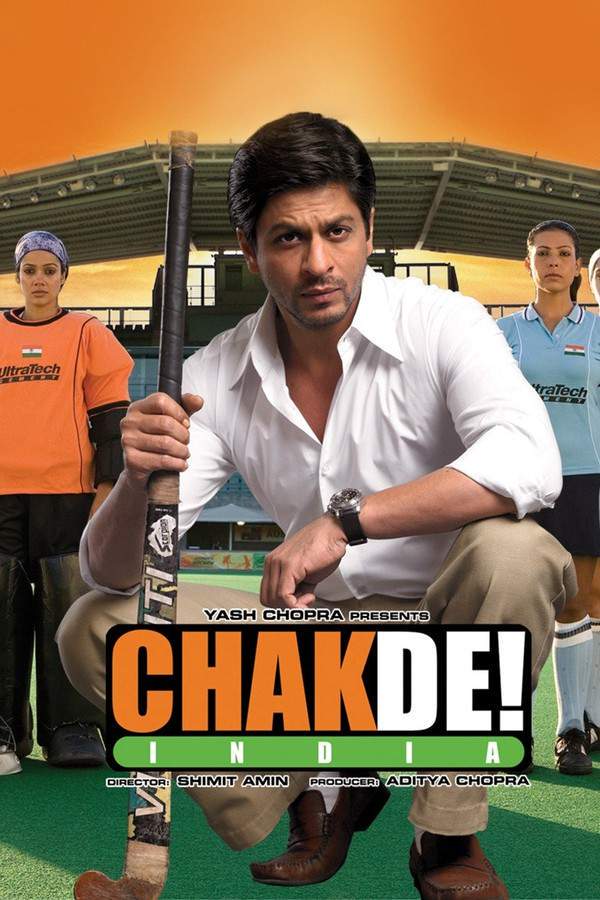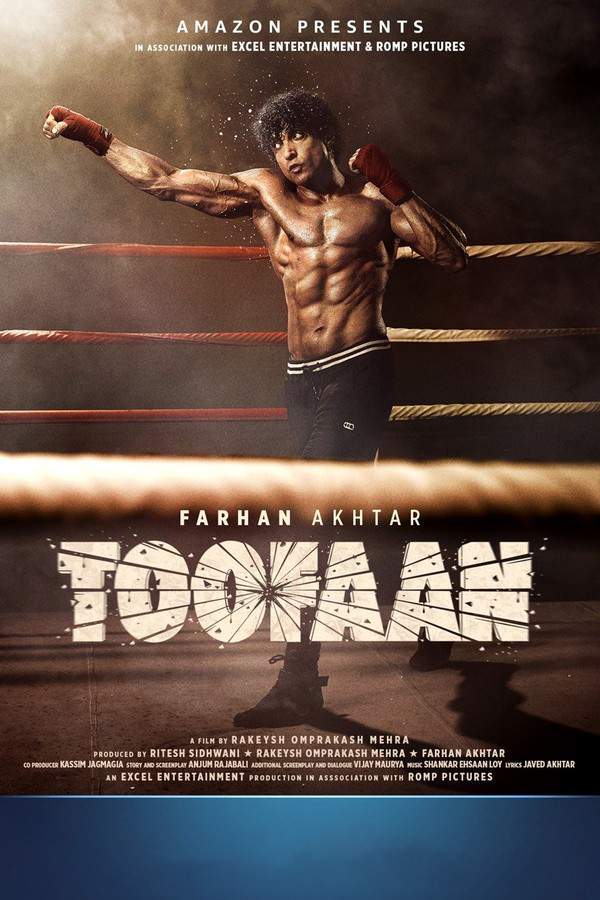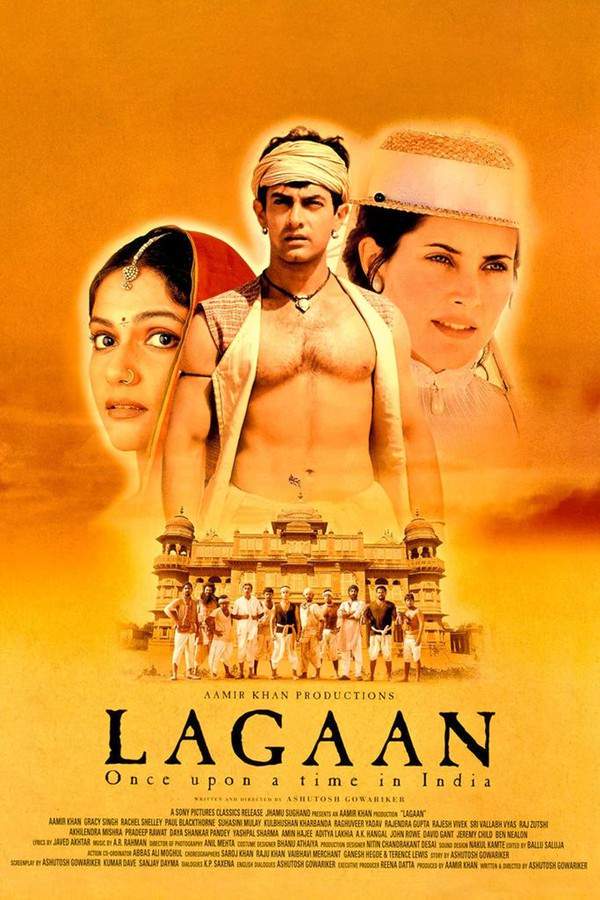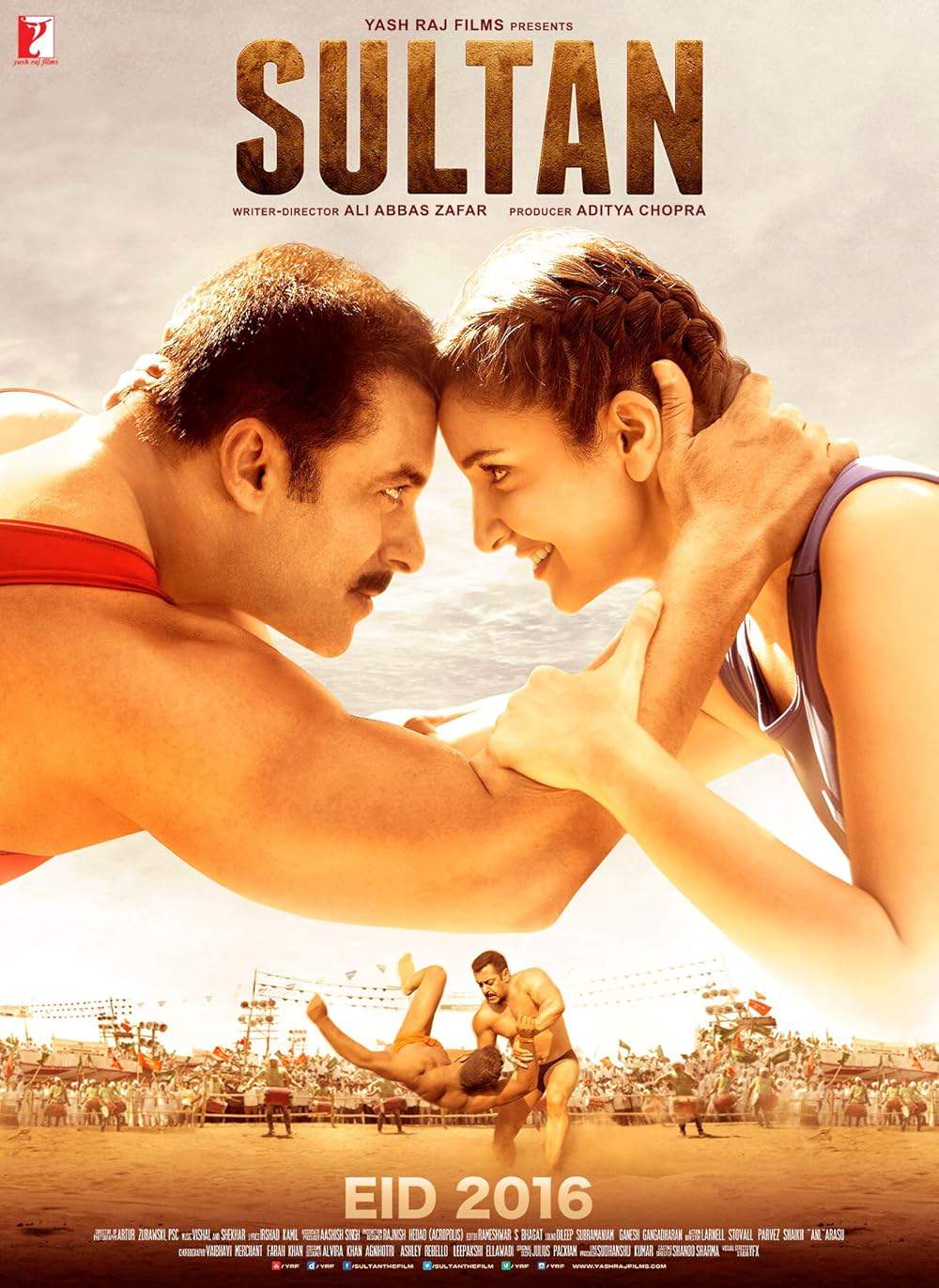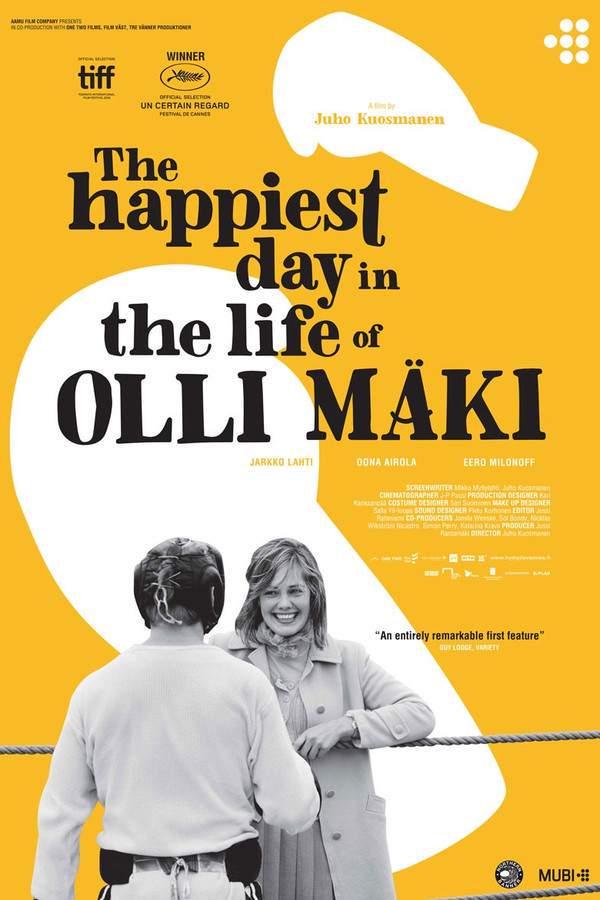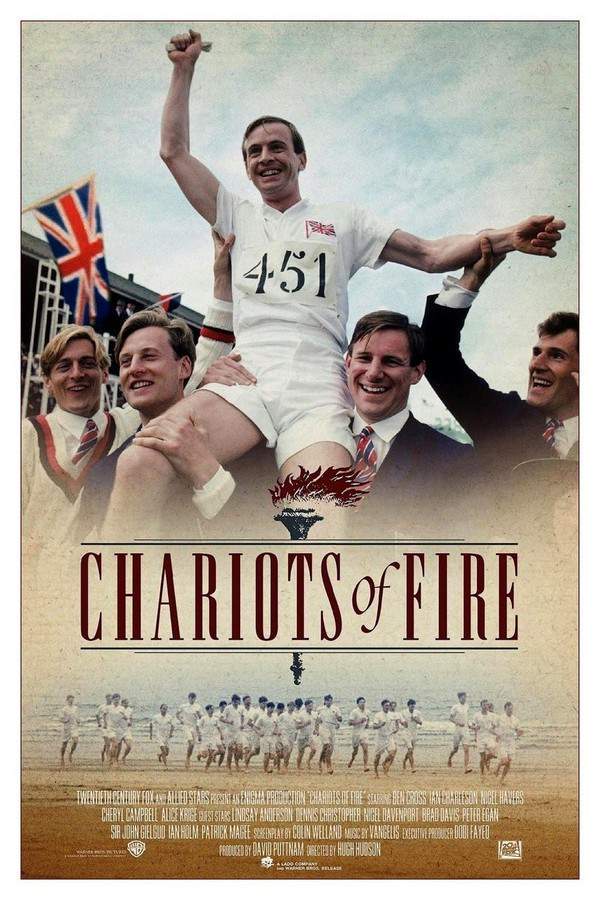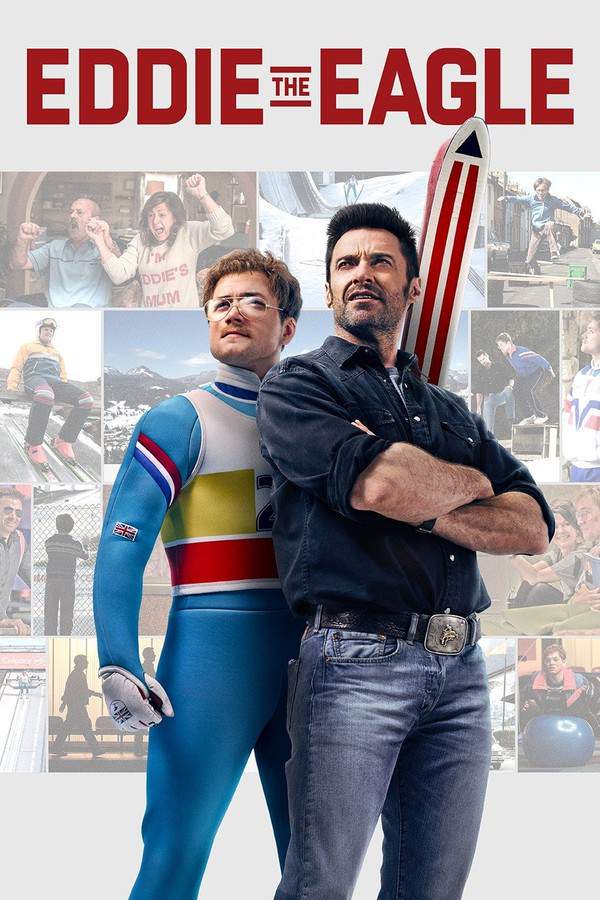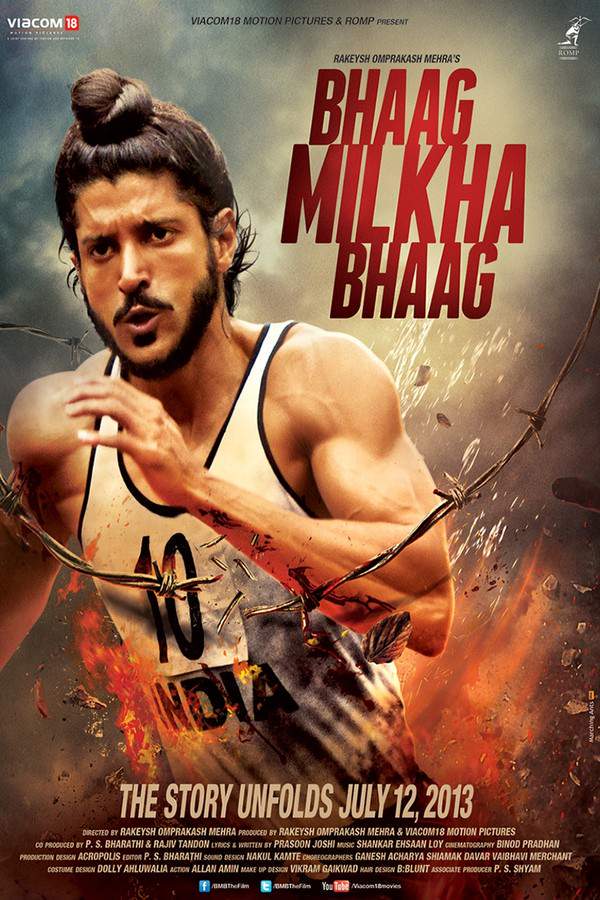
Bhaag Milkha Bhaag 2013
Directed by

Rakeysh Omprakash Mehra
Made by
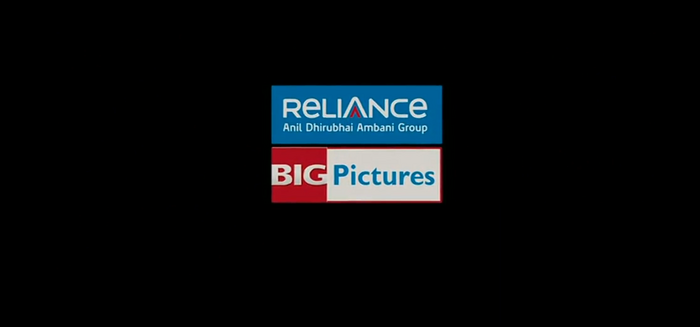
Reliance Big Pictures
Bhaag Milkha Bhaag Plot Summary
Read the complete plot summary and ending explained for Bhaag Milkha Bhaag (2013). From turning points to emotional moments, uncover what really happened and why it matters.
The film opens during the 1960 Summer Olympics in Rome, where the coach passionately exclaims, > “Bhaag Milkha Bhaag!” This phrase serves as a powerful reminder of the haunting childhood memories of Milkha Singh, portrayed by Farhan Akhtar, that overshadowed his early racing career and led to a disheartening fourth-place finish. The turmoil of the 1947 Partition of India brings chaos and mass religious violence to Punjab, tragically resulting in the deaths of Milkha’s parents.
Relocating to Delhi, he eventually reunites with his sister. As he navigates life in impoverished refugee camps, he finds companionship in fellow refugees and learns to survive through petty theft. Amid this struggle, he falls in love with Biro (Sonam Kapoor), who encourages him to embrace a life of integrity. It is in the army that Milkha catches the attention of a Havaldar after triumphing in a race that promises milk and eggs as rewards, which leads to his selection for a commission.
However, on the eve of the Indian team’s selection for the Olympics, he faces ridicule and violence from senior competitors he had previously outpaced. Despite being injured, he perseveres and breaks the national record in the race, returning home as a national champion to propose to Biro, only to discover that she has been married off while he was away.
During the 1956 Melbourne Olympics, he becomes involved with the granddaughter of his Australian technical coach, leading to a regretful one-night stand that results in a dismal performance in his final race. Overcome with guilt, he punishes himself and reflects on his shortcomings. On his journey back to India, he learns from his coach that the world record for the 400m race stands at 45.90 seconds. With a renewed sense of purpose, he trains rigorously, subsequently achieving an astounding 45.80 seconds at the Asian Games in Tokyo in 1958.
Prime Minister Jawaharlal Nehru persuades him to head the Indian team for a friendly race in Pakistan. Unfortunately, he becomes distracted, missing important press events, but his painful past resurfaces when he visits his village and recalls the traumatic murder of his parents, along with his father’s final words, “Bhaag Milkha Bhaag!” Through this emotional turmoil, he finds solace in a boy who turns out to be the son of his childhood friend.
When the race begins, although the Pakistani favorite initially leads, Milkha steadily overtakes his competitors, ultimately clinching victory and gaining the respect of both nations. Impressed by his incredible performance, General Ayub Khan, the Pakistani president, bestows upon him the title of “The Flying Sikh.” In a gesture that highlights his legacy, Nehru proclaims a day in Milkha’s honor as a “National Holiday,” fulfilling the wishes of the man who overcame immense adversity.
Bhaag Milkha Bhaag Timeline
Follow the complete movie timeline of Bhaag Milkha Bhaag (2013) with every major event in chronological order. Great for understanding complex plots and story progression.
1960 Summer Olympics
The film opens during the 1960 Summer Olympics in Rome, where Milkha Singh's coach passionately exclaims, 'Bhaag Milkha Bhaag!' This phrase echoes Milkha's haunting childhood memories that overshadow his racing career, culminating in a disheartening fourth-place finish.
Partition of India
In 1947, the Partition of India causes chaos and mass religious violence in Punjab, tragically resulting in the deaths of Milkha's parents. This traumatic event shapes Milkha's early life and sets the stage for his future challenges as a survivor.
Relocation to Delhi
After the horrific events of the Partition, Milkha relocates to Delhi where he eventually reunites with his sister. This new city provides a backdrop for his early struggles as he navigates life in impoverished refugee camps.
Life in Refugee Camps
While living in refugee camps in Delhi, Milkha finds companionship among fellow refugees and resorts to petty theft to survive. Amidst this turmoil, he meets Biro, who inspires him to live with integrity and aim for a better future.
Joining the Army
Milkha's life takes a turn when he joins the army, where he impresses a Havaldar by winning a race that offers milk and eggs as a reward. This victory leads to his selection for a commission, sparking his journey toward becoming a champion athlete.
Facing Ridicule
On the eve of the Indian team's selection for the Olympics, Milkha faces ridicule and violence from senior competitors who feel threatened by his talent. Despite being injured, he shows remarkable determination and breaks the national record in the race, returning home as a champion.
Proposing to Biro
Returning home as a national champion, Milkha proposes to Biro, only to discover that she has been married off while he was away. This heartbreaking revelation adds to the emotional weight of his journey, shaking his sense of achievement.
1956 Melbourne Olympics
During the 1956 Melbourne Olympics, Milkha engages in a regrettable one-night stand with his Australian technical coach's granddaughter. This distraction leads to a poor performance in his final race, leaving him consumed by guilt as he reflects on his mistakes.
Training for the Asian Games
On his journey back to India, Milkha learns the world record for the 400m race stands at 45.90 seconds. Motivated by this knowledge, he dedicates himself to rigorous training, ultimately achieving an incredible time of 45.80 seconds at the Asian Games in Tokyo.
Heading to Pakistan
Prime Minister Jawaharlal Nehru persuades Milkha to lead the Indian team for a friendly race in Pakistan. However, he struggles with distractions and past traumas as he returns to his village, recalling the traumatic murder of his parents.
Overcoming the Past
During his visit to the village, Milkha recalls his father's last words, 'Bhaag Milkha Bhaag!' This emotional encounter revitalizes his spirit, as he connects with a boy who turns out to be the son of a childhood friend.
Victory in Pakistan
As the race begins in Pakistan, Milkha faces initial challenges as the Pakistani favorite leads. However, with resilience and determination, he steadily overtakes his competitors, ultimately clinching victory and earning respect from both nations.
Becoming 'The Flying Sikh'
His impressive performance in the race earns him the title of 'The Flying Sikh' from General Ayub Khan, the Pakistani president. This accolade highlights his status as a sports icon and an emblem of unity.
National Holiday Declaration
In recognition of Milkha's achievements, Prime Minister Nehru proclaims a day in his honor as a 'National Holiday.' This gesture underscores the significance of his journey and the struggles he overcame to reach greatness.
Bhaag Milkha Bhaag Characters
Explore all characters from Bhaag Milkha Bhaag (2013). Get detailed profiles with their roles, arcs, and key relationships explained.
Milkha Singh (Farhan Akhtar)
Milkha Singh is portrayed as a complex character driven by both ambition and the shadows of his past. His early life is marked by trauma from the Partition, influencing his determination to succeed as an athlete. Despite facing ridicule and setbacks, Milkha emerges as a resilient figure, learning to channel his pain into motivation and ultimately gaining recognition as 'The Flying Sikh'.
Biro (Sonam Kapoor)
Biro is depicted as a symbol of love and moral support for Milkha amidst his struggles. Her encouragement for him to lead a life of integrity has a profound impact on his character development. Biro's life also reflects the sorrow of lost opportunities, as she becomes a bittersweet memory for Milkha, representing both inspiration and personal loss.
Bhaag Milkha Bhaag Settings
Learn where and when Bhaag Milkha Bhaag (2013) takes place. Explore the film’s settings, era, and how they shape the narrative.
Time period
1947-1960s
The narrative is set against the backdrop of the tumultuous time period between the 1947 Partition of India and the late 1960s, a period characterized by significant socio-political changes. This era witnessed the struggles of refugees, the aftermath of communal violence, and the rise of sporting nationalism as India began to make its mark on the international stage through figures like Milkha Singh. The emotional weight of the past significantly influences the characters' journeys during this time.
Location
Rome, Punjab, Delhi, Tokyo, Pakistan
The movie spans various significant locations, starting with the 1960 Summer Olympics held in Rome, showcasing its grandeur and competitive spirit. Milkha Singh's early life unfolds in Punjab, marked by the chaos of the 1947 Partition, before shifting to the urban setting of Delhi where he navigates through impoverished refugee camps. The film also highlights pivotal moments in Tokyo during the 1958 Asian Games and culminates in a race in Pakistan that brings cultural exchange and recognition.
Bhaag Milkha Bhaag Themes
Discover the main themes in Bhaag Milkha Bhaag (2013). Analyze the deeper meanings, emotional layers, and social commentary behind the film.
🏃♂️
Perseverance
The theme of perseverance is central to Milkha Singh's story as he navigates immense personal loss and societal challenges. His journey from the refugee camps to international athletic fame highlights the power of resilience in overcoming obstacles. The narrative underscores that true strength comes from within, and with determination, one can achieve greatness against all odds.
❤️
Love and Loss
Love and loss are poignant themes interwoven throughout Milkha's life, shaping his character and decisions. His relationship with Biro illustrates the tenderness of first love, which is overshadowed by regret and missed opportunities. The enduring impact of loss, particularly his parents' tragic fate, serves as his driving force, influencing both personal and professional aspects of his life.
🕊️
Unity
The theme of unity emerged as Milkha gains respect from both India and Pakistan following his impressive race. The film illustrates how sports can transcend cultural and national barriers, fostering a sense of camaraderie. The respect earned from the Pakistani president signifies a step towards bridging divides, showcasing the potential for reconciliation through shared passions.
Bhaag Milkha Bhaag Spoiler-Free Summary
Discover the spoiler-free summary of Bhaag Milkha Bhaag (2013). Get a concise overview without any spoilers.
In a newly independent nation still echoing with the reverberations of a painful past, the film opens on a world where hope fights to rise against lingering shadows. The streets of Delhi pulse with a restless energy, a mosaic of refugee camps, bustling bazaars, and the quiet determination of people rebuilding lives. Against this backdrop, the atmosphere balances gritty realism with an almost lyrical optimism, inviting the audience to feel the weight of history while sensing the possibility of redemption.
Milkha Singh enters this landscape as a young man haunted by loss yet driven by an unquenchable need to move forward. His early years are marked by the stark outlines of tragedy, but the film never dwells on the darkness; instead, it lets his silences speak louder than any dialogue. A quiet strength emerges, hinting at a spirit that refuses to be broken, while his eyes constantly scan the horizon for a chance to outrun his memories.
The story follows his unlikely discovery of a talent that transforms personal pain into a fierce pursuit of excellence. Through rigorous training sessions set against the dusty tracks of an army base and the encouragement of mentors who see potential where others see scars, Milkha begins to carve a niche for himself. Along the way, a budding connection with Biro—a compassionate presence who believes in integrity over ambition—adds a tender counterpoint to his relentless drive, illustrating how love can coexist with a quest for greatness.
As the narrative unfolds, the film hints at the mounting expectations of a nation eager for a hero, and the internal battles that accompany any ascent to fame. The tone remains hopeful yet sober, inviting viewers to wonder how far a determined heart can run when the past whispers, “Bhaag,” while the future waits with open arms.
Movies with Similar Twists and Themes
Uncover films that echo the narrative beats, emotional arcs, or dramatic twists of the one you're exploring. These recommendations are handpicked based on story depth, thematic resonance, and spoiler-worthy moments — perfect for fans who crave more of the same intrigue.
Featured on this page

What's After the Movie?
Not sure whether to stay after the credits? Find out!
Explore Our Movie Platform
New Movie Releases (2025)
Famous Movie Actors
Top Film Production Studios
Movie Plot Summaries & Endings
Major Movie Awards & Winners
Best Concert Films & Music Documentaries
Movie Collections and Curated Lists
© 2025 What's After the Movie. All rights reserved.


